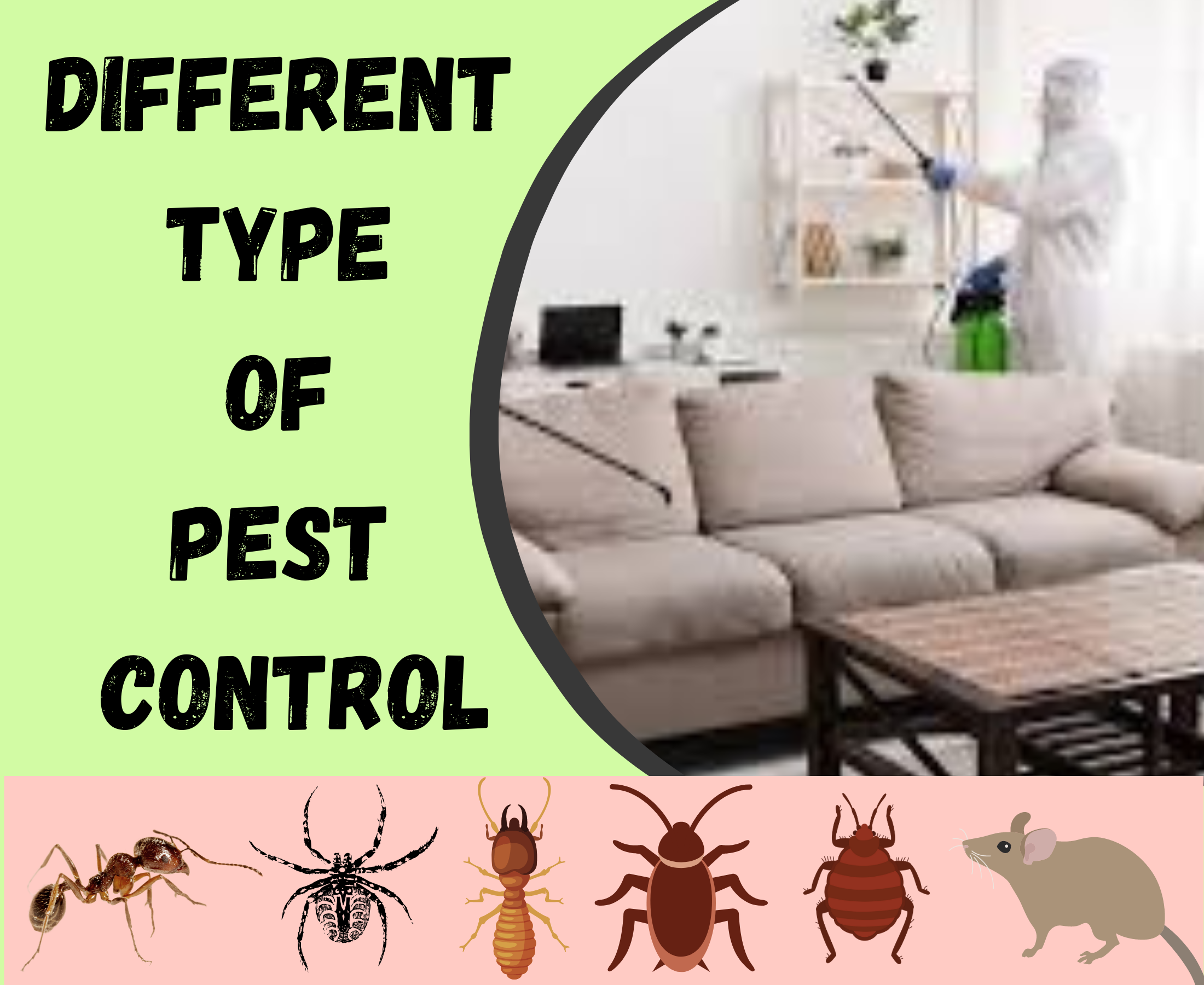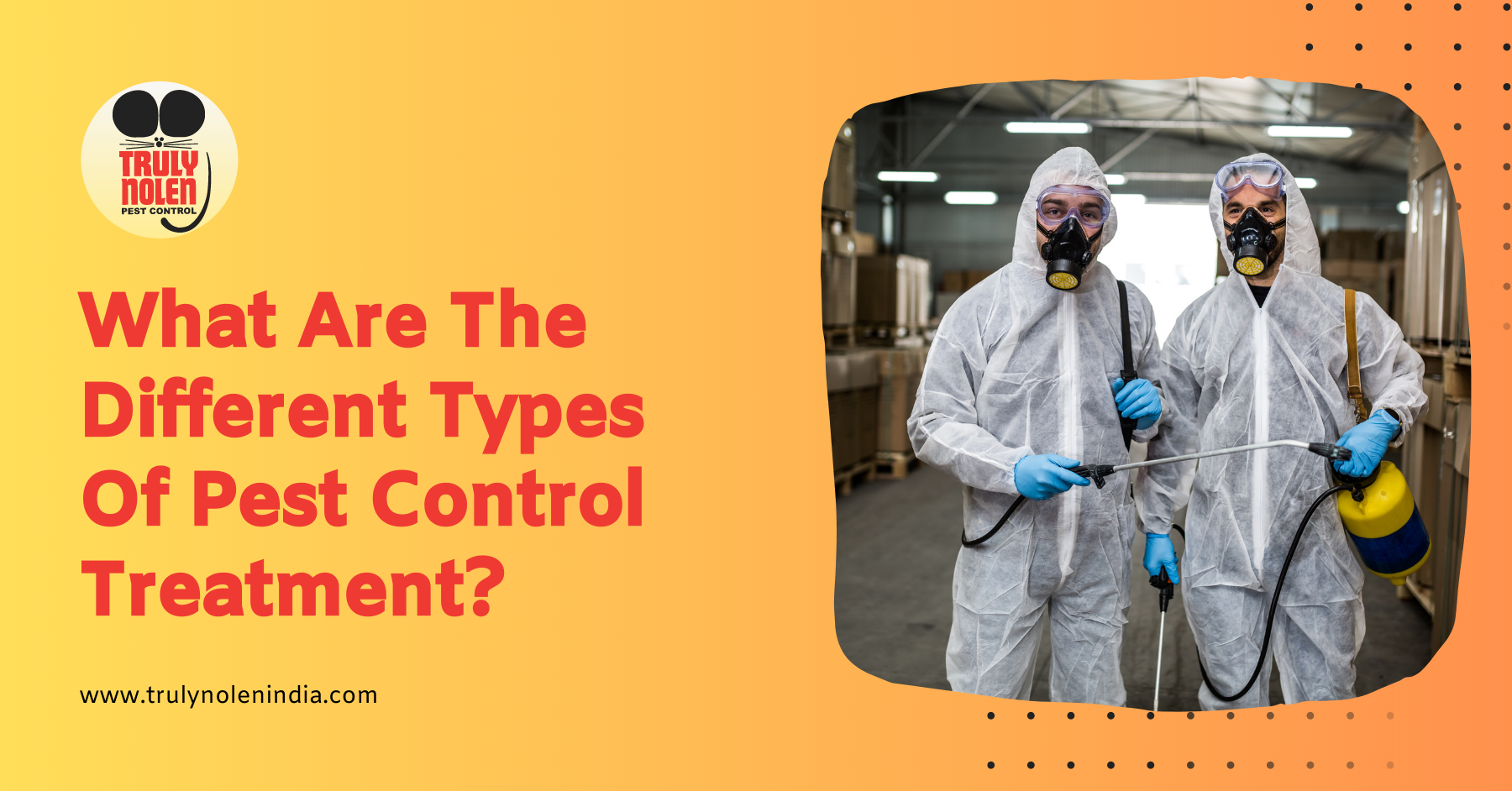What Does Pest Control Do?
What Does Pest Control Do?
Blog Article
The 8-Second Trick For Pest Control
Table of ContentsThe Best Strategy To Use For Pest ControlAll about Pest ControlAbout Pest ControlThe 7-Second Trick For Pest ControlSome Known Incorrect Statements About Pest Control
Limitations of Chemical Management Have the ability to evaluate parasite troubles, determine if monitoring is needed, and make appropriate recommendations using IPM strategies. Recognize with different methods of bug management - their benefits and limitations. Recognize the value of helpful pests. It is not possibleor also desirableto rid yards of all bugs.This phase talks about (IPM), a method that makes use of knowledge concerning parasites and their, practices, nonchemical techniques, and chemicals to take care of parasite troubles. Additional info about IPM for certain plants is included in phases that focus on those plants. Nonchemical parasite control measures are worried in phase 17, "Organic Horticulture." Managing birds and mammals is covered in phase 20, "Wildlife." Taking care of in the backyard and yard is covered in phase 6, "Weeds." Bugs in a yard or landscape may consist of insects and termites, weeds,, creatures, and birds.
Insects and weeds, nonetheless, play a function in the. After growing a yard or developing a lawn, the natural process of plant sequence starts to restore and nonnative plants.
What we call "parasites" are component of a natural system at the office. An ecological community has no pests. Just human beings take into consideration certain species pests when they occur where they are not desired. We will certainly be a lot more effective in taking care of undesirable species when we recognize that these organisms comply with foreseeable patterns that we can make use of to our benefit.
The 30-Second Trick For Pest Control
Parasites prone to a pesticide were swiftly killed, leaving immune ones to reproduce and multiply. It came to be clear that chemicals alone would not solve all insect troubles.
An IPM strategy allows some level of pests in the environment. Insects are a lot less likely to endure a program that utilizes several methods of reducing their populations. Integrated pest monitoring was very first recommended by entomologists since pests were the very first group of parasites to confirm tough to handle with chemicals alone.
A limit is the point at which action should be taken. IPM has prolonged beyond pests to management of all pest populations: weeds, disease microorganisms, and animals.
Some Known Factual Statements About Pest Control
Management instead than elimination of pests is the objective. An IPM strategy starts with a mindful examination of each bug problem.
Clover expanding in a grass may be deemed an unwanted weed, yet as a bean it is manufacturing nitrogen for the dirt and the blossoms are providing nectar to honey bees and other. Tolerance for some weeds may be part of an IPM strategy. might be eating the fallen leaves of a plant, yet when they are determined as the larvae of Eastern tiger swallowtail butterflies, their damage may be tolerated so we can delight in the gorgeous butterfly.

The 2nd most important device in insect monitoring is very early intervention. Existing and watchful in the garden makes sure very early discovery. Responding to problems quickly, before Visit This Link they have time to increase, calls for a less significant treatment. The 3rd essential tool is recordkeeping; tracking what occurs in the garden allows a garden enthusiast to recognize patterns and make informed decisions.
Fascination About Pest Control
Numerous safe, functional, nonchemical approaches of plant defense and parasite management might lower or remove the need to spray. Various other methods are most helpful when made use of with chemicals. To apply administration techniques properly and to minimize losses, gardeners need to recognize the kinds of pests that assault plants and understand pest biology.

Carrying out a dirt test and using only the suggested quantity of plant food and lime makes best use of the advantage to the plant while reducing troubles associated to extreme use of fertilizer - Pest Control. Covering the soil with several inches of mulch secures the plant in a number of ways: lowering soil water loss to dissipation, lessening weed competitors, supplying nutrients, and producing an appropriate atmosphere for earthworms and bacteria that keep the dirt loose for origins and damage down natural material to release nutrients
If here are the findings mulch touches the trunk, it can develop a method for voles, bacteria, and fungis to attack the plant. Do not make use of manure or garden compost that has not completely decomposed as a leading clothing since you could try here it can motivate unwanted pests. Research recommends that farming is detrimental to soil framework.
Little Known Questions About Pest Control.
If tilling is deemed needed, take into consideration doing it in the fall when the life cycles of many pests brings them near the surface. At the surface area, parasites come to be exposed to the weather condition along with birds and other natural adversaries. Fall tilling can likewise ruin insects in plant deposits. Use disease-free and insect-free qualified seeds and plants if readily available.
Report this page